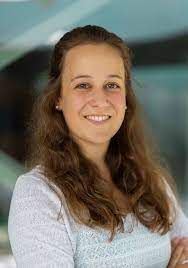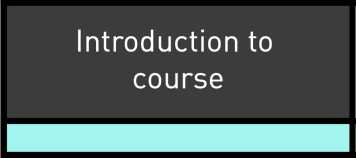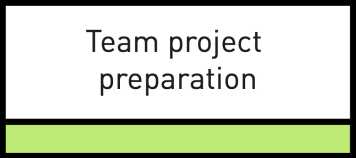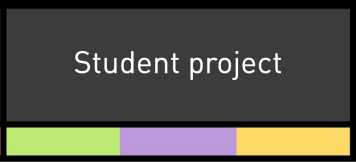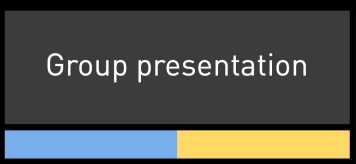Process engineering 1b
A problem-based-learning approach to student projects
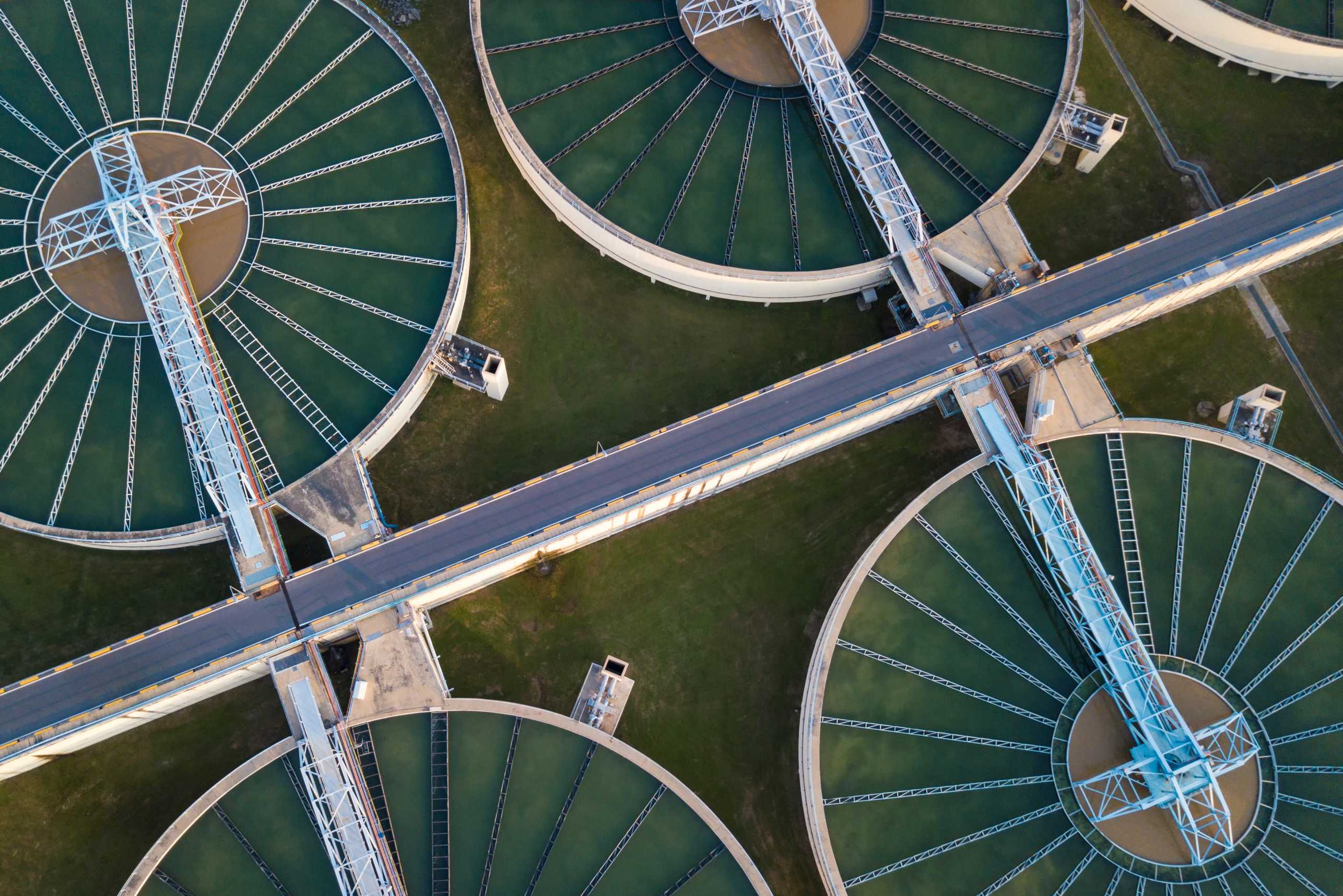
This course is focused on students learning from first identifying their own relevant problem and then solving this problem in a team. The student teams are free to pose their own problem within the overall theme of biological wastewater treatment. All students have fundamental process and modeling knowledge from a companion course (Process Engineering Ia) in the previous semester. Problems typically address aspects of system design or trouble shooting of existing systems. Mathematical modeling is used as a tool to evaluate their design or process operation suggestions. During lecture time, students mostly work on their projects, i. e. the contact time is only used to a small extent for input from the lecturer. Student assessment is based on the overall project report. Throughout the semester there is structured feedback from the instructor as well as peer feedback.

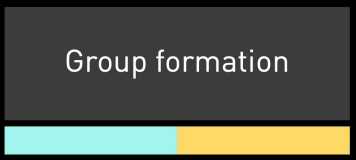
Group formation: The students work in groups of 3-4 people. The lecturer defines the groups aiming for diverse teams based on their background, gender, and interests.
We use the Belbin Team Roles Inventory to reflect and optimize the teamwork potential of each student and group. A teaching specialist from ETH supports us with a small workshop.
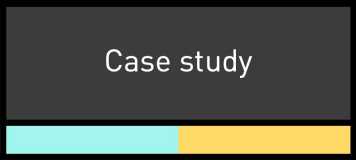
Case study: An industry expert discusses a case study from practice with the students. This case study serves as an example for the students on asking a question, problem identification, critical evaluation, and using mathematical modeling to verify a suggested solution. In a way, the two week case study resembles what the students will be doing during the overall semester.
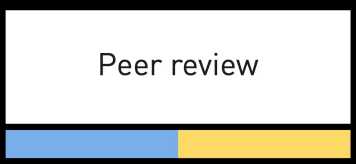
Peer review & scientific writing feedback: Towards the end of the semester, students hand in a draft of their final report which is peer reviewed by their fellow students. Furthermore, a professional writing instructor reads the drafts and gives feedback on scientific writing. The goal is that the groups incorporate these inputs when finalizing their report.
What do your students do in a typical session?
In a usual session, the lecturer starts with a short introduction. Groups will then sit together and work on their projects. The lecturer spends around 20 minutes with each group to discuss the current state of their project, approaches and open questions. Students are welcome to ask questions outside lecture time. In that way, students get at least weekly input and feedback on their work. In addition, students can ask the instructor for "teaching on demand" providing input that is of interest to multiple teams. This teaching on demand complements the student-led investigation.
What students value the most in Process Engineering Ib is the close support and constant interaction between the lecturer and groups.
Can this teaching approach be applied for other courses?
The lecturer analyses each group’s problems and specific questions carefully. The time required for this in-depth study of different topics should not be underestimated. Nevertheless, the effort spent on specific projects evens out with the short preparation time for this course.
Note that this course format is only feasible when the number of students, i. e. the number of group projects, is rather small. In our course, there are usually around 20 students.
Thanks to the prerequisite course Process Engineering Ia, not much theoretical input from the lecturer is needed.

Tools
In usual semesters, we meet in person during lecture time. Outside lecture time, students come by in our offices spontaneously or we interact via email and schedule appointments if necessary.
Zoom: During the Spring Semester 2021, we met virtually via Zoom and used breakout rooms. We found that for building up team spirit, in person meetings are still 1st choice. Nevertheless, students adapted easily and dealt very well with the given circumstances. Thanks to that, we were able to conduct the course “Process Engineering Ib” successfully also in online mode.
Moodle: We use Moodle to share learning materials and exchange drafts and feedbacks.
Belbin Team Roles: We have received feedback from practice that efficient teamwork is one of the skills that graduates struggle the most with. Therefore, we have introduced a session to discuss the Belbin Team Roles Inventory. A teaching specialist does a short workshop on Group Roles. Each student fills in a self-perception inventory with the instructions directly from Belbin. If possible, the student asks four people who have worked in teams with him/her in the past (inside or outside of ETH) to fill out an observer form. It gives insights about how others see the student in different team situations. The teaching specialist then provides the students with the evaluation of the inventory.
Sumo: The student project mimics what would be done during a scientific research project (e.g., when performing experiments during a MSc thesis) or during a first job as a consulting engineer (e.g., when designing, building, starting-up, and commissioning a treatment plant). But instead of performing actual experiments and instead of building a real plant, the wastewater process simulator SUMO is used to evaluate the research question or to test the suggested system design.
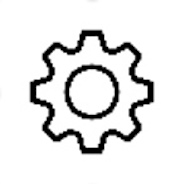
Methods
Presentation of feedback loops:
Kontakt
Institut für Umweltingenieurwiss.
Laura-Hezner-Weg 7
8093
Zürich
Switzerland

Kontakt
ETH
Professur Siedlungswasserwirtschaft
Stefano-Franscini-Platz 5
8093
Zürich
Schweiz
